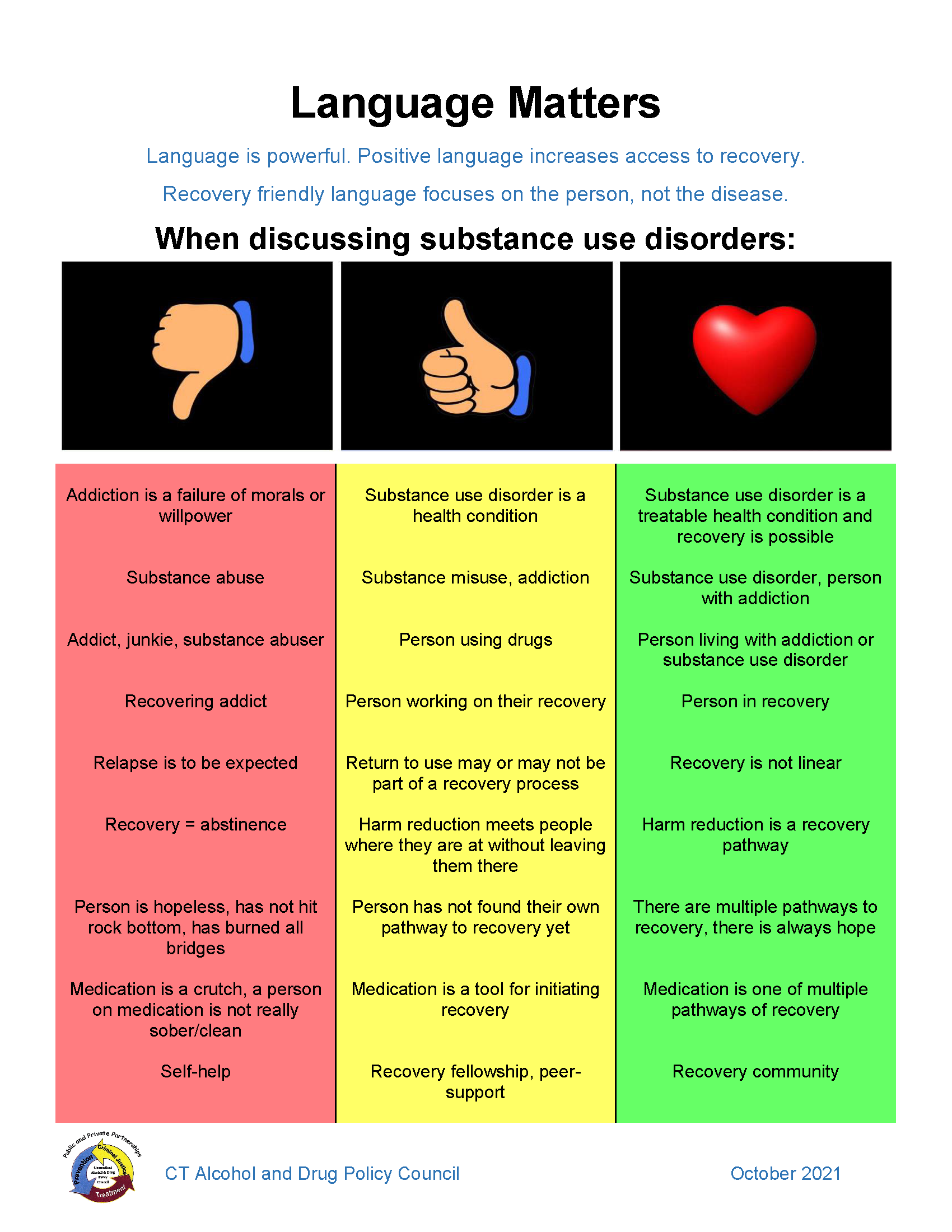Recovery & Recovery Supports
Recovery-oriented care and recovery support systems help people with mental and substance use disorders manage their conditions successfully.
Recovery is a process of change through which people improve their health and wellness, live self-directed lives, and strive to reach their full potential.
There Are Four Major Dimensions That Support Recovery:
- Health: Overcoming or managing one’s disease(s) or symptoms and making informed, healthy choices that support physical and emotional well-being.
- Home: Having a stable and safe place to live.
- Purpose: Conducting meaningful daily activities and having the independence, income, and resources to participate in society.
- Community: Having relationships and social networks that provide support, friendship, love, and hope.
Hope & Resilience
Hope, the belief that these challenges and conditions can be overcome, is the foundation of recovery. The process of recovery is highly personal and occurs via many pathways. Recovery is characterized by continual growth and improvement in one’s health and wellness that may involve setbacks. Because setbacks are a natural part of life, resilience becomes a key component of recovery.
Family & Social Supports
The process of recovery is supported through relationships and social networks. This often involves family members who become the champions of their loved one’s recovery. Families of people in recovery may experience adversities that lead to increased family stress, guilt, shame, anger, fear, anxiety, loss, grief, and isolation. The concept of resilience in recovery is also vital for family members who need access to intentional supports that promote their health and well-being.
The support of peers and friends is also crucial in engaging and supporting individuals in recovery.
Recovery Services & Supports Must Be Flexible
What may work for adults may be very different for youth or older adults. For example, the nature of social supports, peer mentors, and recovery coaching for adolescents is different than for adults and older adults. Supporting recovery requires that mental health and addiction services:
- Be responsive and respectful to the health beliefs, practices, and cultural and linguistic needs of diverse people and groups.
- Actively address diversity in the delivery of services.
- Seek to reduce health disparities in access and outcomes.
Source: Substance Abuse and Mental Health Services Administration

